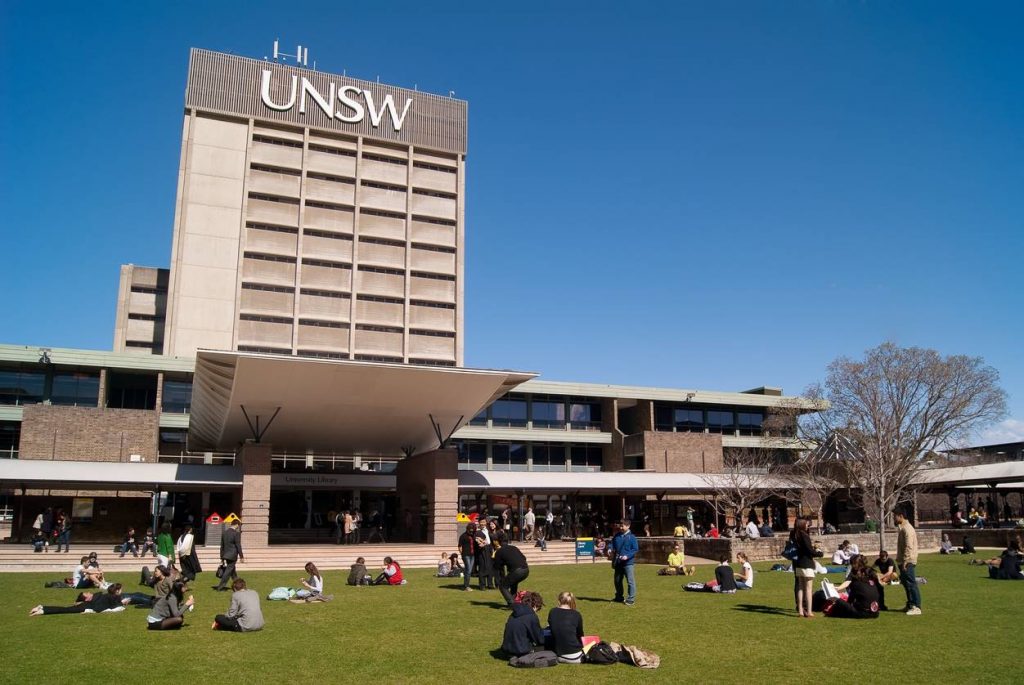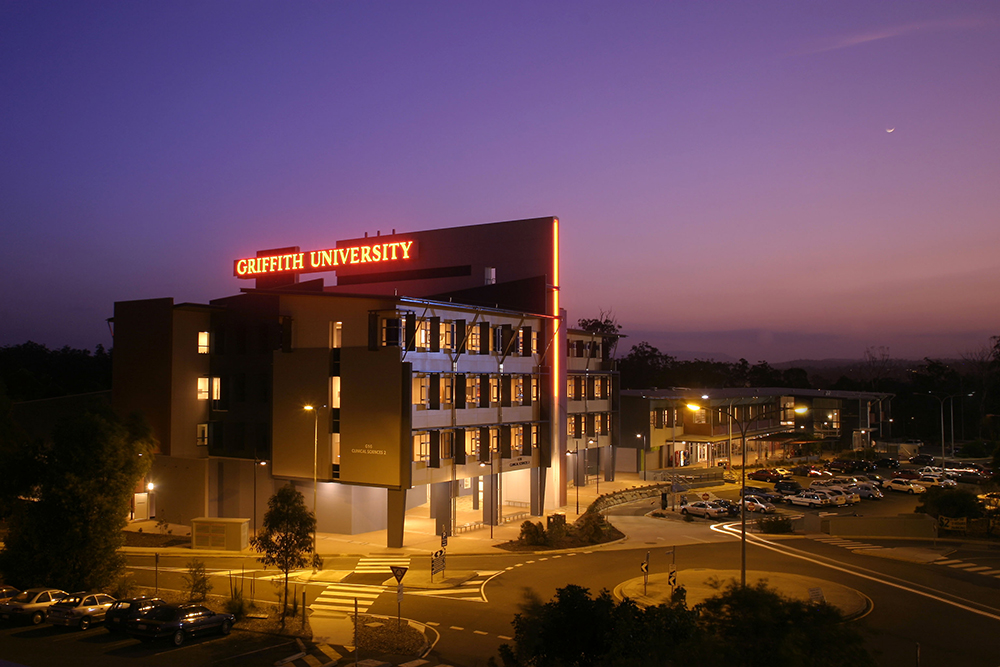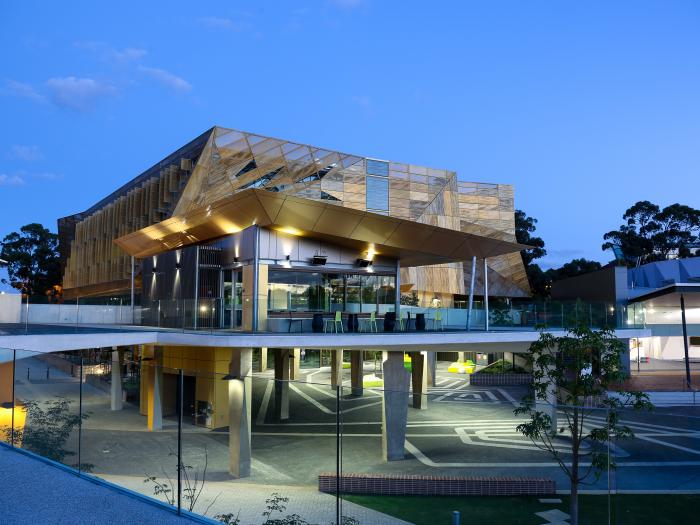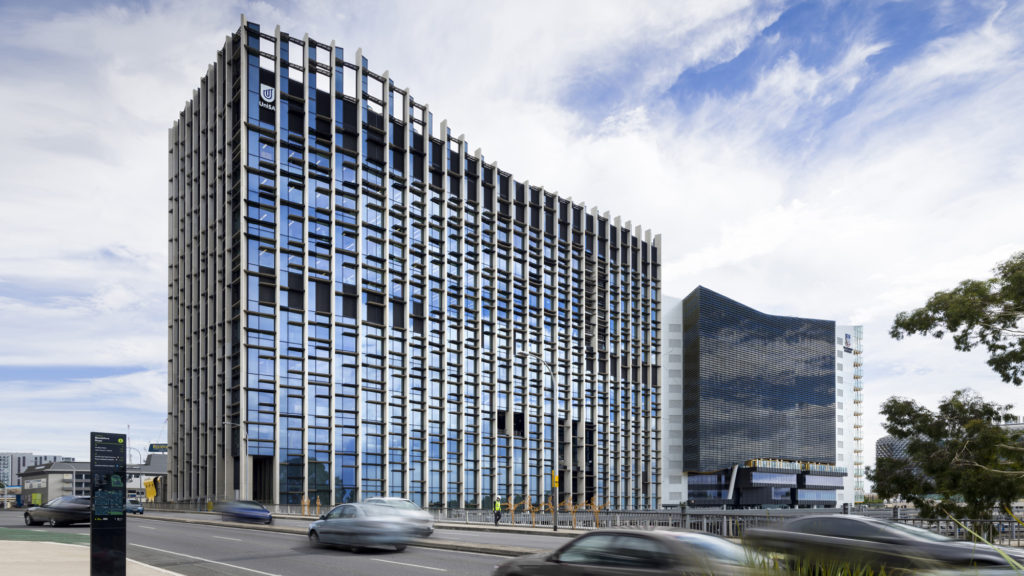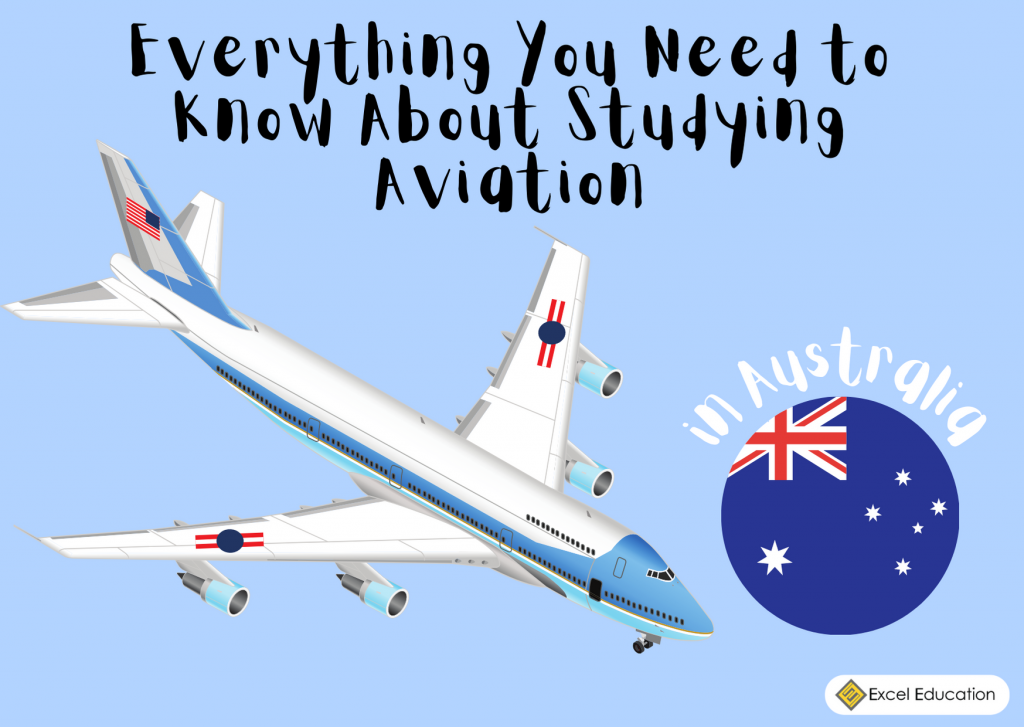
What is Aviation?
At one point or another, you must’ve wondered what it would feel like to have a career that requires you to fly high in the skies. In layman’s terms, Aviation is the study of the science behind designing and flying aircraft.
10 Different Fields of Aviation
Despite common misconceptions, a career in Aviation does not necessarily mean you will become a pilot. Here are all 10 different fields of Aviation you could potentially dive into explained :
#1. Aerospace Engineering
Aerospace engineering deals with all aspects of designing and building machines that operate in the air. These engineers also work to test different prototypes to make sure that they function accordingly. Aerospace engineers design individual components for the aircraft such as the engineers, airframes, wings, landing gear, control systems and instruments. They also test the strength, reliability and durability of these components or as a whole aircraft.
#2. Air Traffic Control
Air traffic control is a service provided in ensuring the safety of aircraft, pilots, flight attendants and passengers. Air traffic controllers are usually ground-based and communicate with pilots throughout the entire flight, providing information back and forth between incoming and outgoing flights to ensure the safe flow of all flights in the sky and avoiding any sort of collision.
#3. Aircraft Maintenance
Aircraft maintenance is the task required in maintaining the quality of the aircraft which includes ensuring the airworthiness of the aircraft by overhauling, inspection, replacement, defect rectification and the embodiments of modifications. Regular maintenance of the aircraft will extend the aircraft life to ensure that the aircraft will perform safely for an extended period of time.
#4. Aviation Management
Aviation management is the operation of airlines, airports, aircraft manufacturers and any business related to the aerospace industry. Activities such as planning, designing, operating and maintaining aircraft and airports will be conducted. You will be provided with a deep understanding of both the land-side and air-side daily operations of running an aviation business.
#5. Aviation Safety
Aviation safety refers to the tasks of ensuring aeroplanes are free from any form of injury or loss. This industry is in direct support of the operation of aircraft, which are reduced and controlled to an acceptable level. Careers in aviation safety include aviation safety inspectors and aviation safety technicians.
#6. Cabin Crew
Cabin crew are responsible for the comfort, safety and welfare of passengers travelling on aircraft during short-haul and long-haul flights. Their roles and responsibilities include the participation in preflight briefings with pilots, conduction of preflight inspections of emergency equipment, demonstrating the use of safety and emergency equipment, ensuring passengers have met safety requirements; serving and selling food and drink; attending to passengers’ needs; reassuring passengers during the flight; administering and coordinating emergency medical care as necessary; and providing directions to passengers, including evacuation orders.
#7. Civil & Military Aviation
Civil aviation includes all non-military aviation, including private and commercial flying. Passenger, cargo, private and commercial flights fall under civil aviation. However, military aviation is the complete opposition and referees to the use of military aircraft and other flying machines to conduct aerial warfare.
#8. Pilot Training
Pilots fly and navigate aeroplanes, helicopters and other aircraft. Besides the typical becoming an aircraft pilot, you can also consider becoming a helicopter pilot. With this, you can work and be employed by a variety of employers such as the government, tourism companies, offshore support or even under emergency medical services.
#9. Flight Instruction
Flight instructors for aviation resemble teachers for schools. Flight instructors teach aspiring pilots how to fly using a combination of classroom simulators, and live flight instructions. These real-life simulations aid students in gaining the skills and knowledge needed with the feeling of flying a real plane without actually flying a real plane.
#10. Aviation Transport
Aviation transportation is otherwise known as aviation logistics, this field is an incredibly crucial part of the global economy. They facilitate integration into the global economy and provide vital connectivity. It helps to generate trade, promotes tourism and creates employment opportunities.
Before considering picking a specific niche field to study, it is important for you to look into the academic and professional requirements needed in order to pursue the career after taking your degree.
General Entry Requirements to Study Aviation in Australia
English Requirement
Qualification | Scores |
IELTS | Min 6.0 |
TOEFL (IBT) | Min. 70 |
Pearson Test of English (PTE) | Min. 52 |
*Do note that different universities have different English requirements.
For further information, contact us!
Academic Requirement
Qualification | Scores |
Year 12 Equivalent (A-Levels, Matriculation, AUSMAT, UEC & IB) | Contact Excel Education |
Top 5 Universities to Study Aviation in Australia
#1. University of New South Wales (UNSW)
Program Offered | Bachelor of Aviation (Flying) |
Examples of subjects offered |
|
Program Duration | 3 years (Full-time) |
Intake | January and July |
Indicative Annual Fee (2021) | A$47,760 |
Program Offered | Bachelor of Aviation (Management) |
Examples of subjects offered |
|
Program Duration | 3 years (Full-time) |
Intake | January, April and July |
Indicative Annual Fee (2021) | A$47,760 |
#2. Griffith University
Program Offered | Bachelor of Aviation |
Examples of subjects offered |
|
Program Duration | 3 years (Full-time) |
Intake | January and April |
Indicative Annual Fee (2021) | A$34,000 |
Program Offered | Bachelor of Aviation Management |
Examples of subjects offered |
|
Program Duration | 2-3 years (Full-time) |
Intake | January and April |
Indicative Annual Fee (2021) | A$34,000 |
#3. Edith Cowan University
Program Offered | Bachelor of Aviation |
Examples of subjects offered |
|
Program Duration | 3 years (Full-time) |
Intake | January and April |
Indicative Annual Fee (2021) | A$32,000 |
Program Offered | Bachelor of Aviation (Pilot) |
Examples of subjects offered |
|
Program Duration | 3 years (Full-time) |
Intake | February and July |
Indicative Annual Fee (2021) | A$35,900 |
Program Offered | Bachelor of Aviation (Management) |
Examples of subjects offered |
|
Program Duration | 3 years (Full-time) |
Intake | February and July |
Indicative Annual Fee (2021) | A$35,900 |
#5. Royal Melbourne Institute of Technology University (RMIT)
Program Offered | Bachelor of Applied Science (Aviation) |
Examples of subjects offered |
|
Program Duration | 3 years (Full-time) |
Intake | February and July |
Indicative Annual Fee (2021) | A$39,360 |
Recommended Articles to Read
About the Author

Leo baby & a psych major

